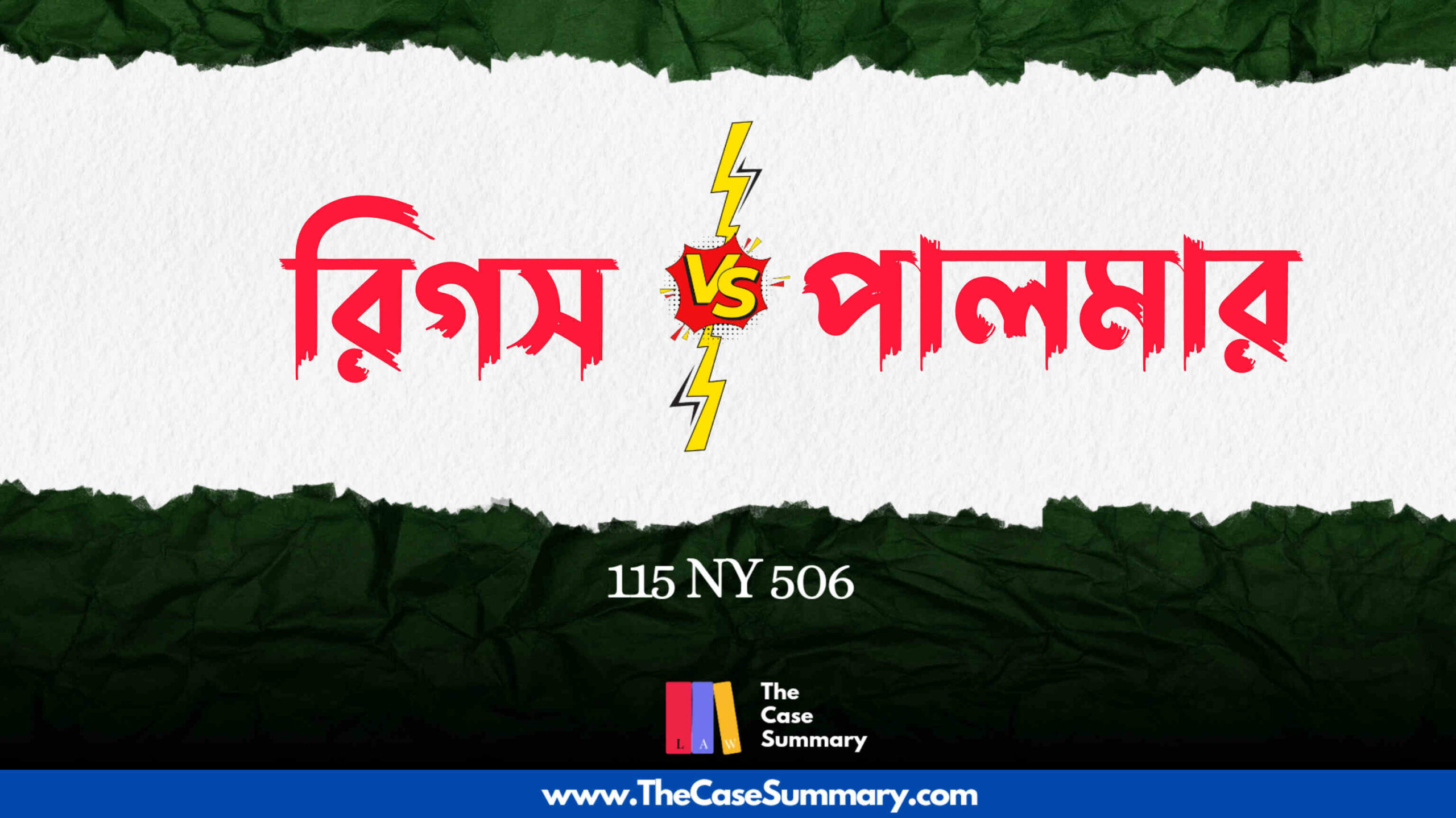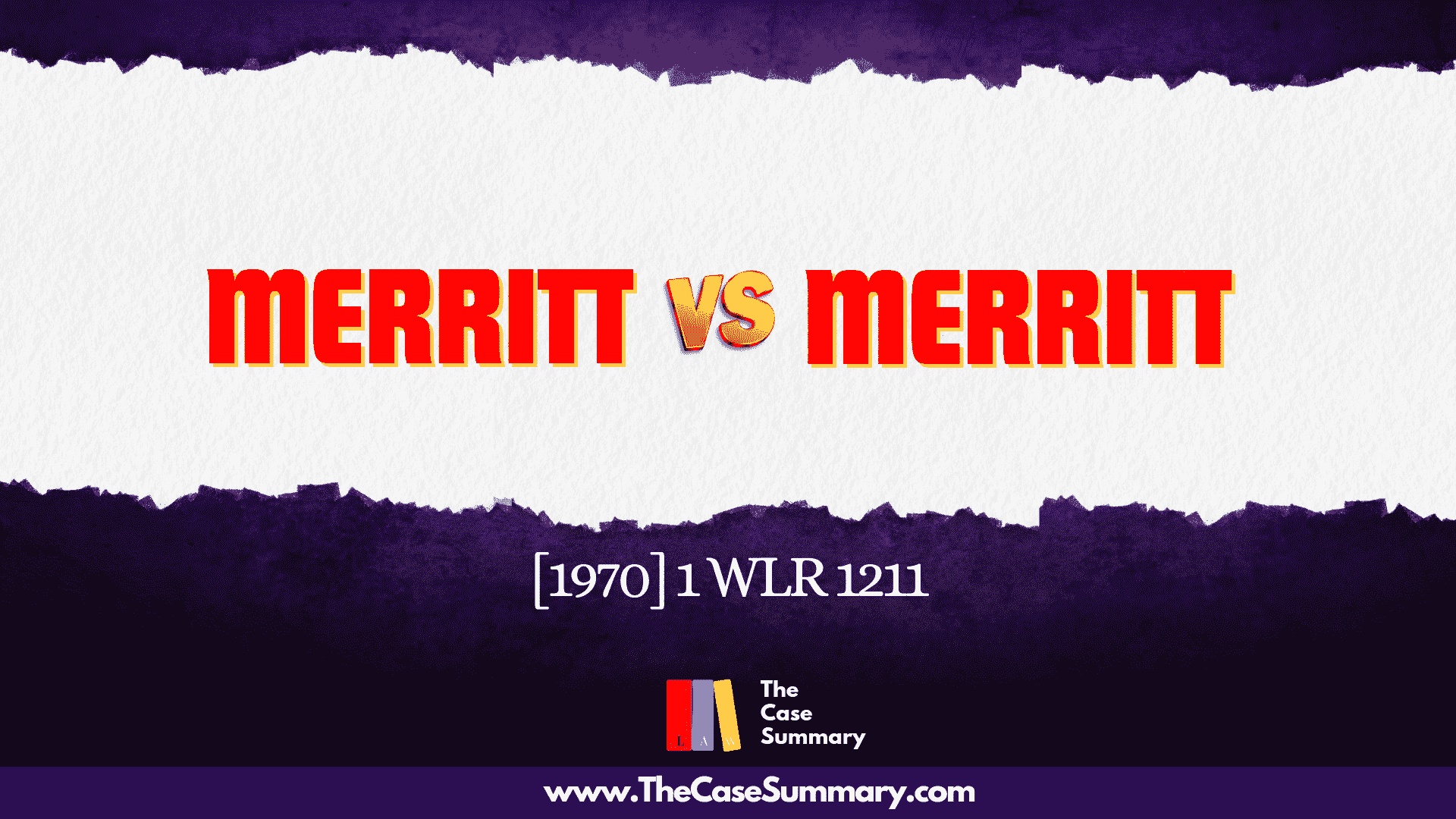Lodge vs National Union Investment Company Limited
Citation : [1907] 1 Ch. 300
Jurisdiction : United Kingdom
Plaintiff : Howitt Lodge
Defendant : National Union Investment Company Limited
Facts :
Howitt Lodge was entitled to inherit stocks and securities after his mother’s death. In 1905, he mortgaged this future inheritance to T.A. Greene to secure a loan. Later, he borrowed more money from the defendant (an unregistered money-lender under the Money-lenders Act, 1900). They agreed to lend him up to £2000. The transaction was structured as an absolute sale of his reversionary interest and a life insurance policy, though it was understood as a mortgage. Lodge signed bills of exchange (IOUs) promising to repay the amount. The company deducted fees and interest before giving him the remaining amount.
In 1906, Lodge sued the company, arguing that the contract was illegal because the company was not registered as a money-lender under the Money-Lenders Act, 1900. He requested that the contract be declared void, his securities returned, and a refund of £150 he had paid to renew the bills.
Issues :
1. Was the loan agreement illegal under the Money-Lenders Act, 1900?
2. If the contract was illegal, could Lodge reclaim his securities without repaying the money borrowed?
Decision :
The court ruled that the loan agreement was illegal because the company was not registered as a money-lender, making the contract void. However, the court also held that Lodge could not reclaim his securities without repaying the borrowed money.
The court ordered that Lodge must repay £1075 (after deducting £150 for bill renewals and other small deductions). Once this amount was repaid, the company was required to return his securities, including his life insurance policy and other legal documents. If Lodge failed to repay, the case would be dismissed, except for the mortgage to Greene, which the company could keep.
The court did not award legal costs to either side, except for those related to the mortgage.
Relevant Maxim :
1. He Who Seeks Equity Must Do Equity : This principle means that a person who seeks fairness from the court must also act fairly. Equity will not assist someone who tries to benefit from an illegal or unfair situation without fulfilling their own obligations.
Author :
1. Rozina Akter Nishu
Note: The Case Summary is a platform by the law students, for the law students. We aim to summarize the facts and decisions of various important cases in both Bangla and English with utmost caution. However, this platform is in no way a replacement for going through the complete judgements by the law students and we discourage any learner from relying on case summaries alone. Thank you



